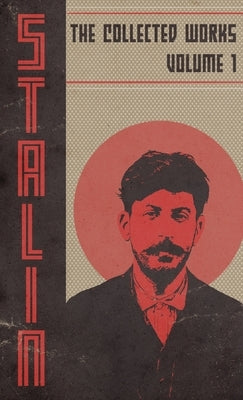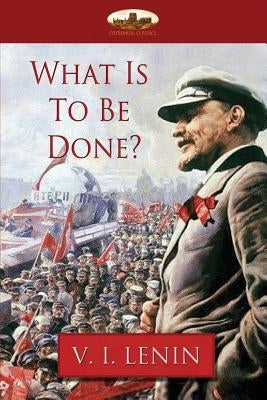Black AF History: The Un-Whitewashed Story of America
$23.99
$32.50
How Europe Underdeveloped Africa
$19.99
$26.95
Is the Red Flag Flying?
$23.99
$25.99
Mein Kampf - The 1939 Illustrated Edition
$36.99
$39.99
Collected Works of Josef Stalin: Volume 1
$20.99
$22.00
Notes on Resistance
$13.99
$18.95
What Is To Be Done?
$8.99
$9.60
Anarcho-Syndicalism: Theory and Practice
$9.99
$12.95
Highway to Hell: The Armageddon Chronicles, 2015-2024
$17.99
$24.95
Messy Cities: Why We Can't Plan Everything
$15.99
$21.95
Loot: How Israel Stole Palestinian Property
$25.99
$34.95
Strongmen: Mussolini to the Present
$12.99
$17.95
Love Letter to the Earth
$10.99
$14.95
What's Wrong with the World
$7.99
$9.95
God and the State
$5.99
$7.95
We Need More Parties
$14.99
$19.95


























































